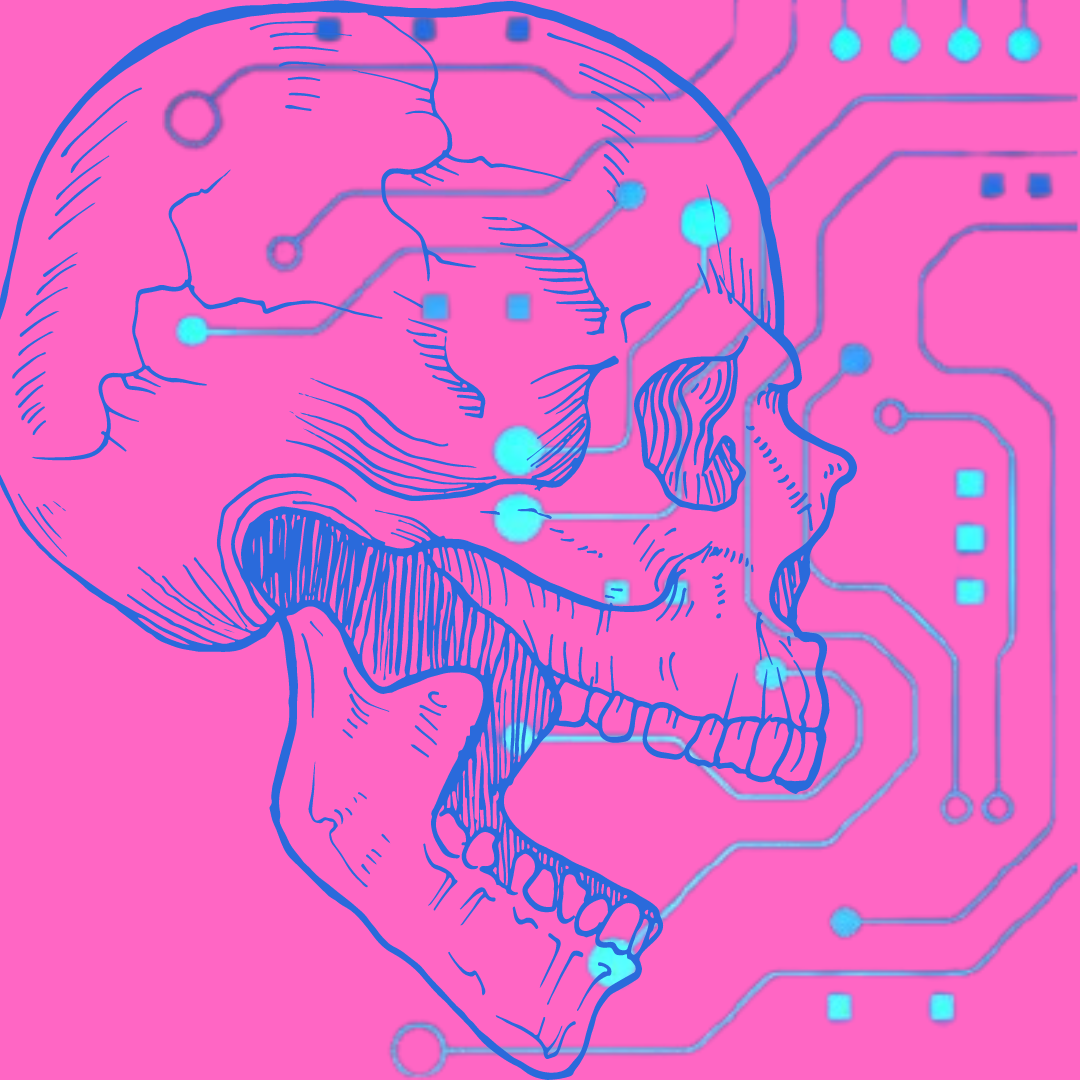The New Artificial Intelligentsia
By Ruha Benjamin,
Los Angeles Review of Books
| 10. 18. 2024
IN THE FALL OF 2016, I gave a talk at the Institute for Advanced Study in Princeton titled “Are Robots Racist?” Headlines such as “Can Computers Be Racist? The Human-Like Bias of Algorithms,” “Artificial Intelligence’s White Guy Problem,” and “Is an Algorithm Any Less Racist Than a Human?” had captured my attention in the months before. What better venue to discuss the growing concerns about emerging technologies, I thought, than an institution established during the early rise of fascism in Europe, which once housed intellectual giants like J. Robert Oppenheimer and Albert Einstein, and prides itself on “protecting and promoting independent inquiry.”
My initial remarks focused on how emerging technologies reflect and reproduce social inequities, using specific examples of what some termed “algorithmic discrimination” and “machine bias.” A lively discussion ensued. The most memorable exchange was with a mathematician who politely acknowledged the importance of the issues I raised but then assured me that “as AI advances, it will eventually show us how to address these problems.” Struck by his earnest faith in technology as a force for good...
Related Articles
By Julia Métraux, Mother Jones | 02.10.2026
Why was Jeffrey Epstein obsessed with genes? In the latest tranche of Epstein records and emails made available by the Department of Justice, themes of genes, genetics, and IQ—alongside more explicit threads of white supremacy—keep cropping up, often adjacent to Epstein’s...
By Ava Kofman, The New Yorker | 02.09.2026
1. The Surrogates
In the delicate jargon of the fertility industry, a woman who carries a child for someone else is said to be going on a “journey.” Kayla Elliott began hers in February, 2024, not long after she posted...
By Dan Barry and Sonia A. Rao, The New York Times | 01.26.2026
Photo by Gage Skidmore from Peoria, AZ, United States
of America, CC BY-SA 2.0, via Wikimedia Commons
Late last month, a woman posted a photograph on social media of a purple hat she had knitted, while a black-and-white dog...
By Shobita Parthasarathya, Science | 01.22.2026
These are extraordinarily challenging times for university researchers across the United States. After decades of government largess based on the idea that a large and well-financed research ecosystem will produce social and economic progress, there have been huge cuts in...




